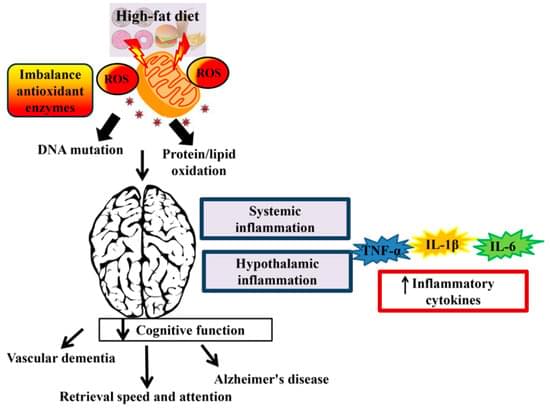Development of a prognostic model for poststroke dementia using multiple international cohorts: a STROKOG collaboration study.
Background and Objectives.
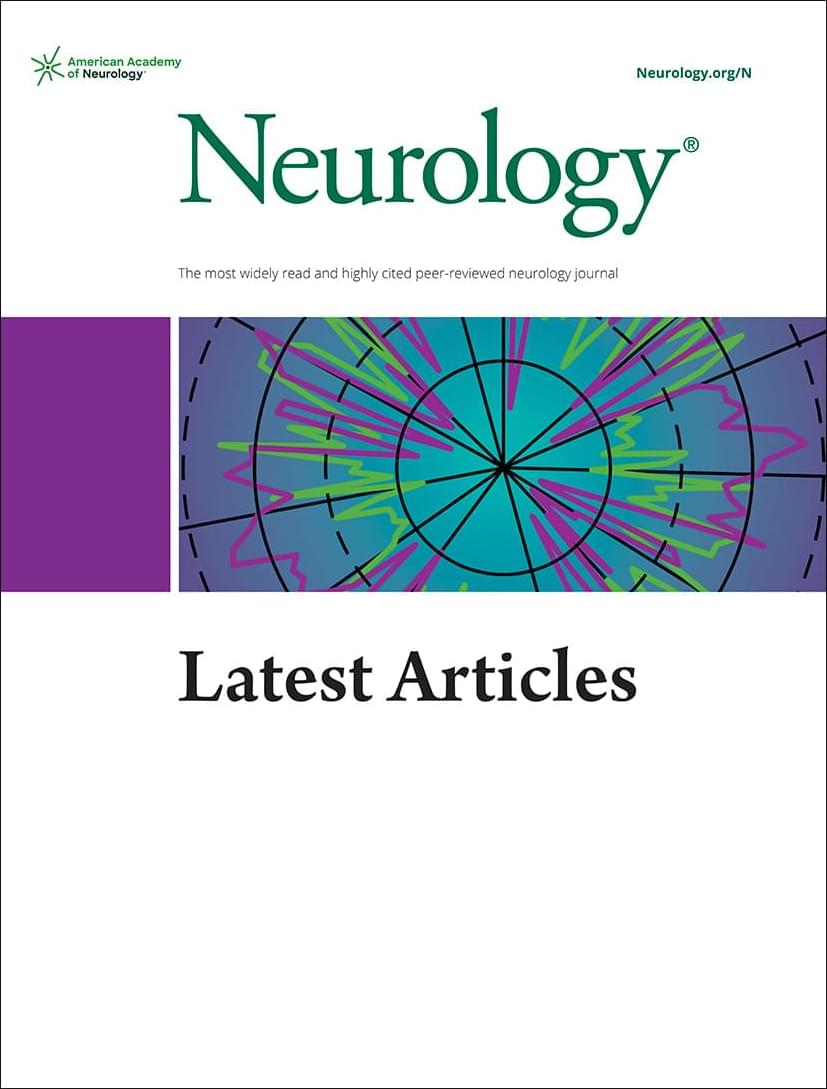
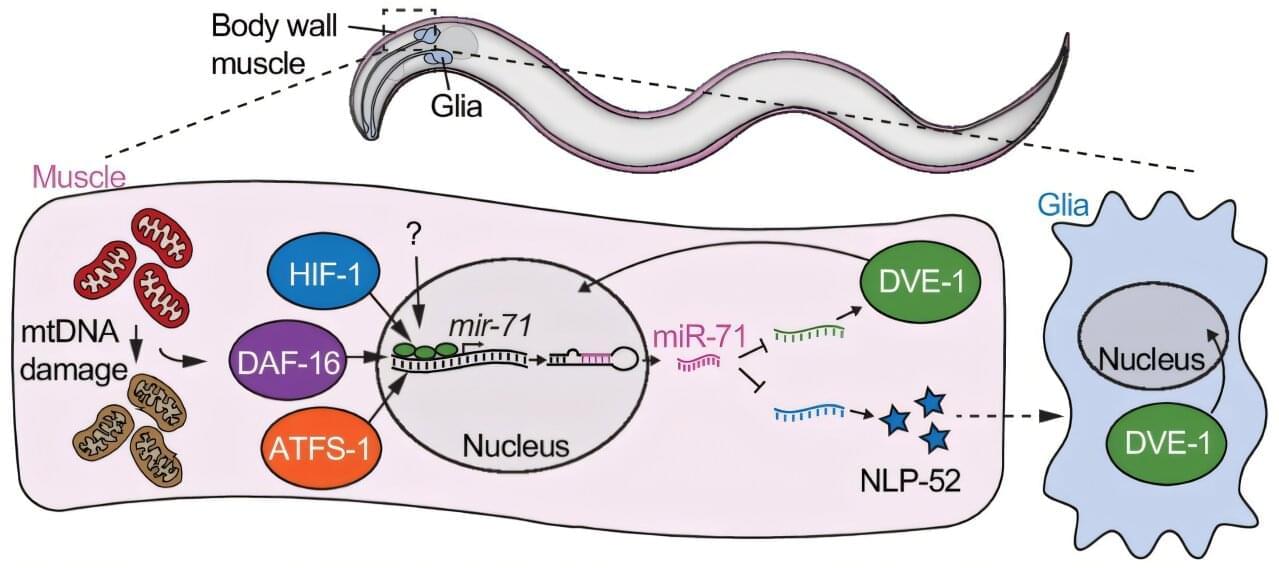
University of Queensland researchers say the discovery of a new stress reduction role for a naturally occurring molecule in the body could lead to new drugs and treatment for metabolic disorders and aging.
Professor Steven Zuryn, a molecular geneticist from UQ’s Queensland Brain Institute, was part of a team that found that very small RNA molecules, called microRNAs, bind to genes and prevent them from being over-activated.
MicroRNAs were discovered in C. elegans about 30 years ago and have since been shown to be important in human health and disease. This initial discovery led to the 2024 Nobel Prize in Physiology or Medicine.

Recently, there has been convergence of thought by researchers in the fields of memory, perception, and neurology that the same neural circuitry that produces conscious memory of the past not only produces predictions of the future, but also conscious perception of the present.
In a new perspective in the Journal of Cognitive Neuroscience, researchers explain that although our conscious perception appears to simply mirror the external world, due to neural processing delays this intuitive feeling must be wrong. Instead, unconscious perceptual mechanisms represent a timeline that is then consciously remembered. Because the default mode network, along with the frontoparietal control and salience networks, are critical for simulation and memory, they are also critical for consciousness.
“The same simulation processes are used whether we are consciously remembering the past, experiencing the present or imagining the future. Perceptual mechanisms represent an ongoing, editable, ‘best estimate’ of our past, present, and future. There is no hard boundary between conscious perception and memory at milliseconds to seconds timescales,” explains corresponding author Andrew Budson, MD, professor of neurology at Boston University Chobanian & Avedisian School of Medicine.
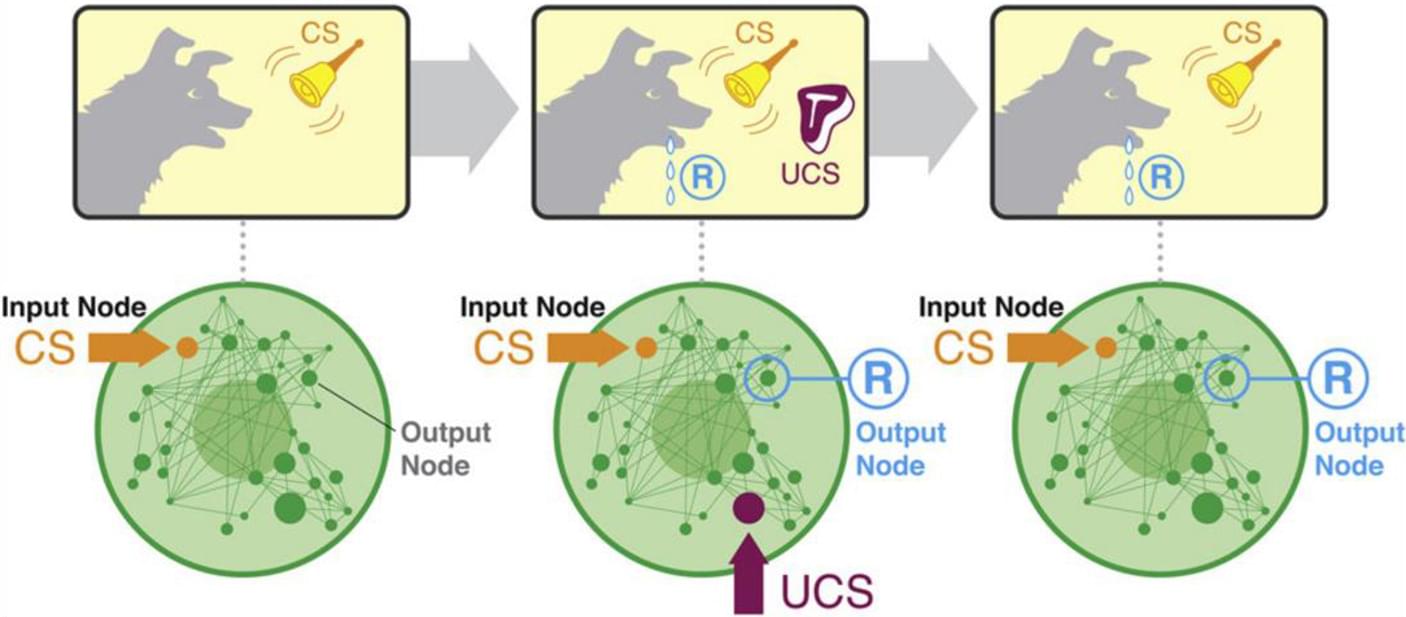
This paper formalizes biological intelligence as search efficiency in multi-scale problem spaces, aiming to resolve epistemic deadlocks in the basal “cognition wars” unfolding in the Diverse Intelligence research program. It extends classical work on symbolic problem-solving to define a novel problem space lexicon and search efficiency metric. Construed as an operationalization of intelligence, this metric is the decimal logarithm of the ratio between the cost of a random walk and that of a biological agent. Thus, the search efficiency measures how many orders of magnitude of dissipative work an agentic policy saves relative to a maximal-entropy search strategy. Empirical models for amoeboid chemotaxis and barium-induced planarian head regeneration show that, under conservative (i.e.
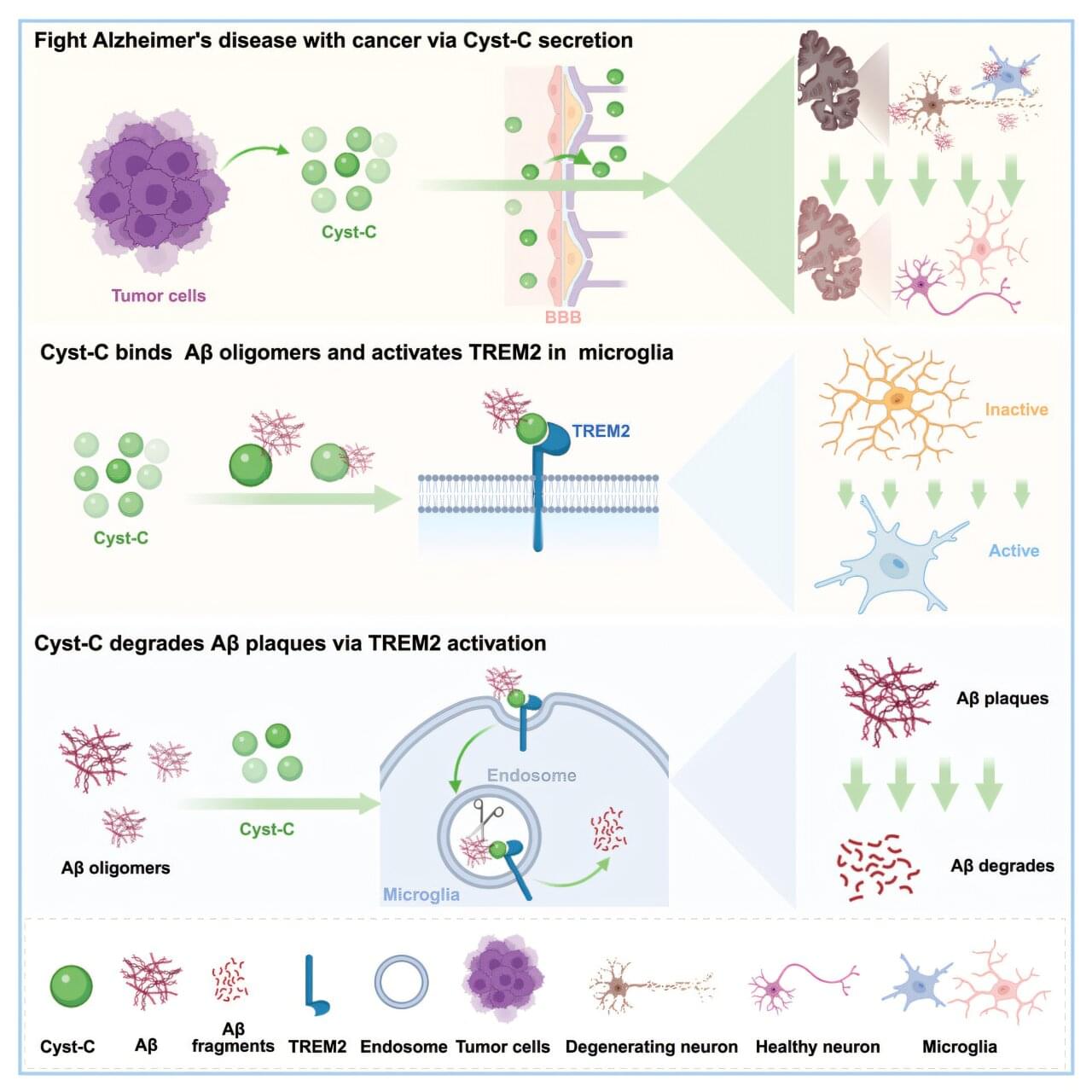
Cancer and Alzheimer’s are two of the most common chronic diseases associated with aging. For years, doctors have known about a curious aspect of these two conditions: people who survive cancers are significantly less likely to develop Alzheimer’s. While this link has been observed in the data for some time, the biological reasons for it have remained a mystery. Now, a new study published in the journal Cell has discovered a possible explanation.
In the Alzheimer’s brain, abnormal levels of a naturally occurring protein called amyloid-beta clump together to form plaques. The plaques disrupt communication between brain cells, eventually leading to cognitive decline and memory loss. Current medicines struggle to remove these clumps, but this new research suggests that cancer might be sending in a biological cleanup crew.
To see whether and how cancer provides this protection, researchers at the Huazhong University of Science and Technology in China used advanced mouse models of Alzheimer’s disease. They transplanted three types of tumors (lung, colon and prostate cancer) into the mice and found that the amyloid plaques in their brains shrank significantly.
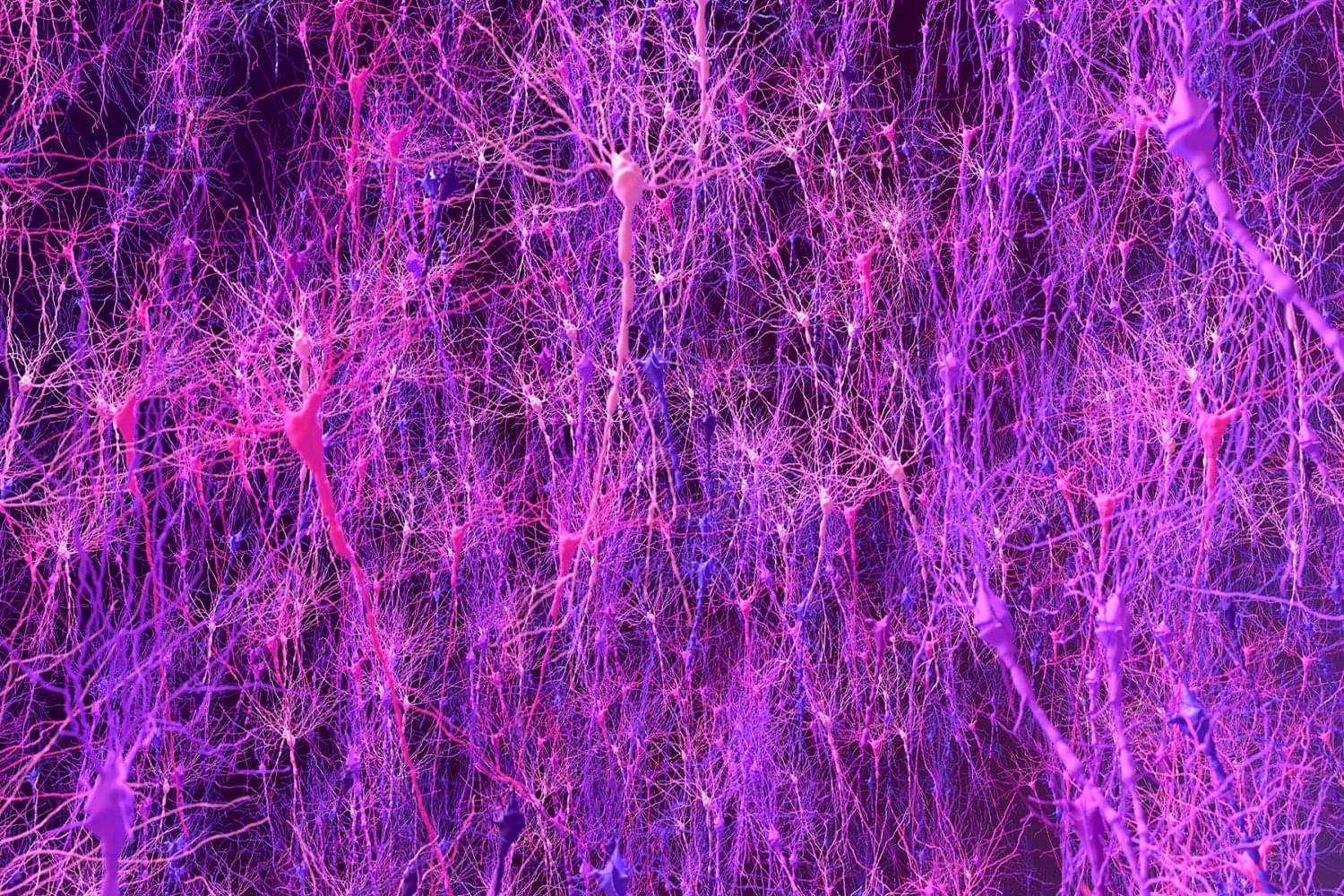
A new computational model of the brain based closely on its biology and physiology not only learned a simple visual category learning task exactly as well as lab animals, but even enabled the discovery of counterintuitive activity by a group of neurons that researchers working with animals to perform the same task had not noticed in their data before, says a team of scientists at Dartmouth College, MIT, and the State University of New York at Stony Brook.
Notably, the model produced these achievements without ever being trained on any data from animal experiments. Instead, it was built from scratch to faithfully represent how neurons connect into circuits and then communicate electrically and chemically across broader brain regions to produce cognition and behavior. Then, when the research team asked the model to perform the same task that they had previously performed with the animals (looking at patterns of dots and deciding which of two broader categories they fit), it produced highly similar neural activity and behavioral results, acquiring the skill with almost exactly the same erratic progress.
“It’s just producing new simulated plots of brain activity that then only afterward are being compared to the lab animals. The fact that they match up as strikingly as they do is kind of shocking,” says Richard Granger, a professor of psychological and brain sciences at Dartmouth and senior author of a new study in Nature Communications that describes the model.
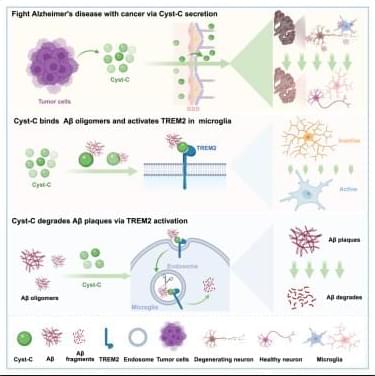
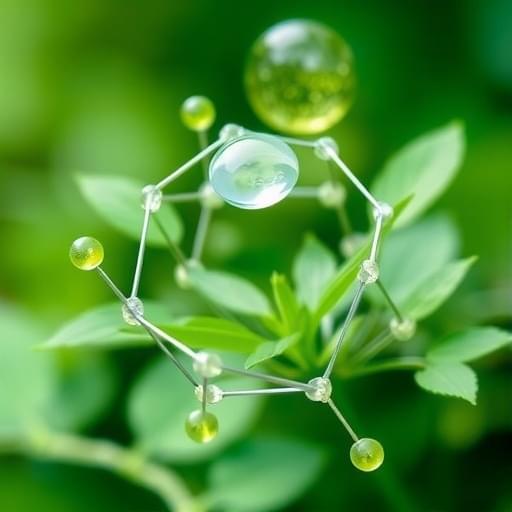
In the pursuit of sustainable agricultural practices, researchers are increasingly turning to innovative approaches that blend technology and environmental consciousness. A recent study led by M.R. Salvadori, published in Discover Agriculture, delves into the promising world of green nanotechnology in agrochemicals. This research investigates how nanoscale materials can enhance the effectiveness of agrochemicals while minimizing their environmental footprint. The findings suggest that this novel approach may revolutionize crop protection and nutrient delivery systems.
Nanotechnology involves manipulating materials at the nanoscale, typically between 1 and 100 nanometers. At this scale, materials exhibit unique properties that differ significantly from their bulk counterparts. These properties can be harnessed to improve the delivery and efficacy of agrochemicals. For instance, nanosized fertilizers can increase the availability of nutrients to plants, enhancing growth and reducing waste. This targeted approach is essential in combating soil nutrient depletion and ensuring food security in an era of burgeoning global population.
Traditional agrochemicals often come with the burden of negative environmental impacts, including soil and water contamination. The introduction of green nanotechnology aims to address these concerns by developing more biodegradable and environmentally friendly agrochemicals. By using nanomaterials derived from natural sources, researchers hope to create a symbiotic relationship between agricultural practices and ecological health. This paradigm shift could pave the way for a new era of environmentally responsible farming.

Colton Casto, Evelina Fedorenko & colleagues Neuron.
Casto et al. systematically examine language-responsive regions of the cerebellum with precision fMRI. They find one region that closely resembles the neocortical language network in its selectivity for language and response to linguistic manipulations. They also find three mixed-selective regions that respond to language but also to non-linguistic inputs.
